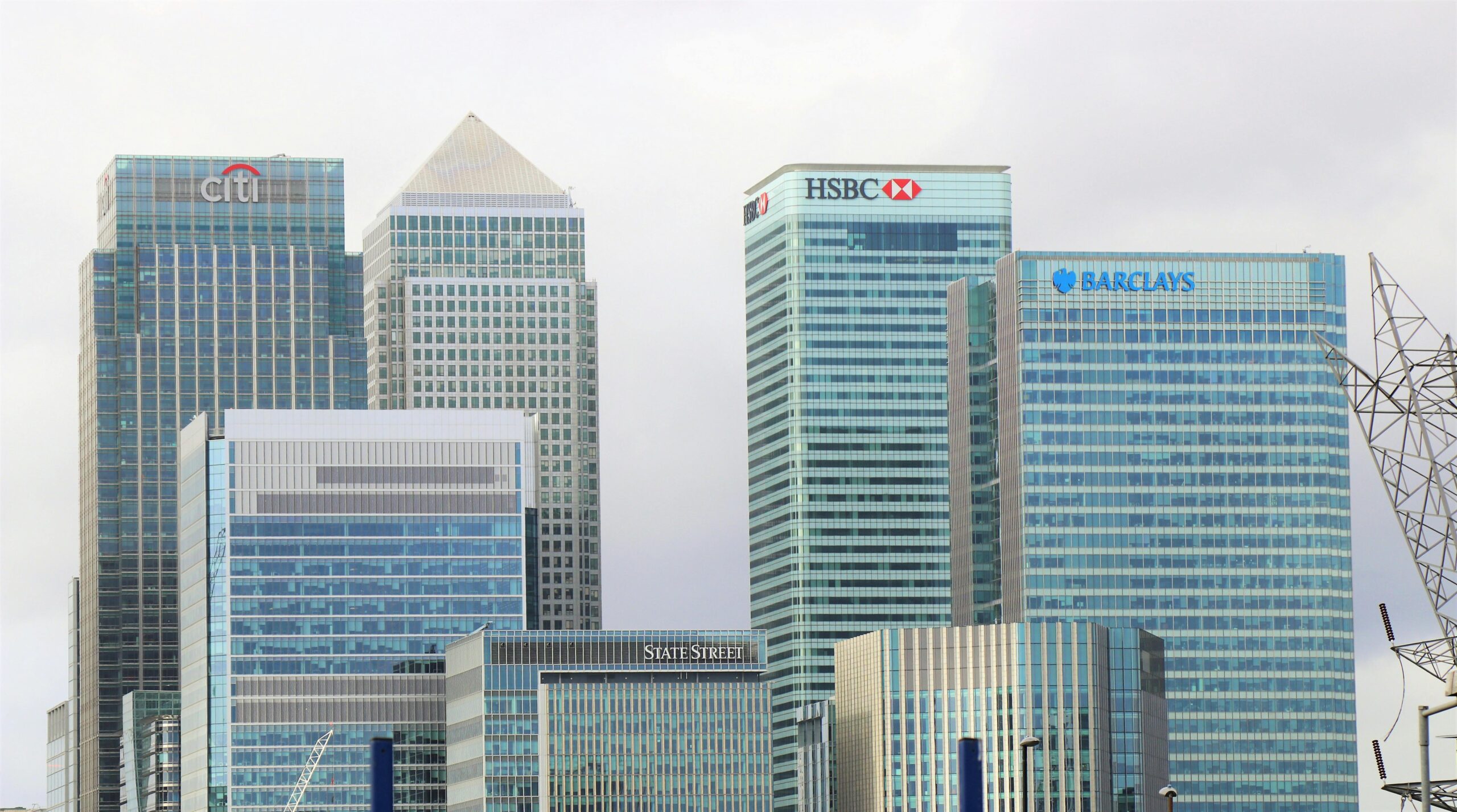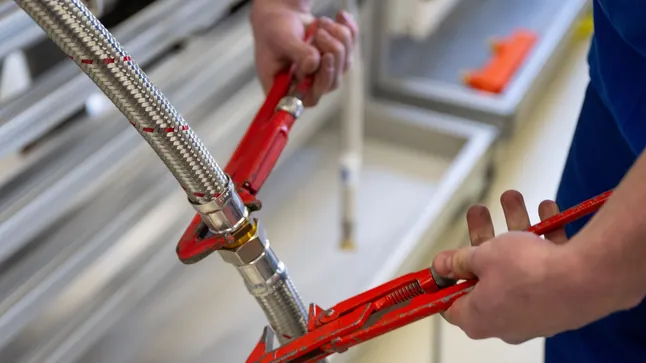Small and medium-sized businesses rightly complain about economic policy, saying it only cares about the big ones.
Companies could apply for state aid if they couldn’t cope with their immense energy bills. This is how the federal government ‘s economic policymakers counter the accusations of bakers, shoe retailers, and toilet paper manufacturers that they are being left alone in this crisis.
What they fail to mention is that aid is currently only available to those competing internationally. This rule excludes most small and medium-sized enterprises, even though they are already disadvantaged in times of crisis.
Over 99 percent of companies in Germany are classified as small and medium-sized enterprises (SMEs). They employ more than half of all workers in the country and generate around one-third of all company revenue. However, in times of crisis and severe recessions, economic policymakers tend to focus first on large corporations.
Medium-sized companies forgotten by the government
Craft businesses and many small companies are taking to the barricades, however: The fact that the federal government’s 5 billion euro aid pot was originally intended only for large companies shows how indifferent the government is to the fate of small and medium-sized enterprises.
“You’ll never walk alone”? Owners and entrepreneurs don’t trust the Chancellor’s promise.
Even during the financial crisis, “too big to fail” was the argument for the multi-billion dollar support programs of the German government and the European Union. During the coronavirus pandemic, the Lufthansa Group and tourism giant TUI were saved from bankruptcy with loans and state investments. So now only the big companies are doing it again?
Federal Economics Minister Robert Habeck (Greens) quickly amended the situation. Starting this week, small and medium-sized enterprises can also apply for grants and loans from the energy aid fund. However, this will not alleviate the existential concerns of small and medium-sized businesses.
Aid programs alone are not enough
When large companies are at risk, not only managers but also employee representatives call for rescue. Because it’s usually not just about jobs within the company itself. Suppliers also lobby for subsidies and additional credit lines. They know that if the large company closes, its small and medium-sized partner companies are also at risk, and the economic structure of entire regions could suffer.
This ensures political attention for large companies, and in the end, they usually receive help. The success of such aid is limited, however. The construction company Holzmann (2002) and the Opel factory in Bochum (2014) went under despite all the efforts.
Billion-dollar aid programs have not yet helped the shipyards in Mecklenburg-Western Pomerania or the department store chain Galeria Kaufhof Karstadt out of the woods. But the aid isn’t just buying time.
Because, throughout all crises, not only large corporations themselves have the expectation that they will be rescued in the worst-case scenario, but their business partners also assume this.
“To the detriment of the little ones”
This hidden guarantee of continued existence gives them tangible advantages over small and medium-sized enterprises. Banks finance them more generously and at lower rates, and large companies can take greater business risks than those that guarantee every investment with their own capital.
In the long run, this shifts the balance between small, medium, and large companies in many areas to the detriment of the smaller ones. They have to invest more energy and money in innovation than large corporations. Investments in future-proof technologies are more costly for them.
Especially in this economic crisis , this is becoming a vicious circle. Most small and medium-sized enterprises should now invest in new technology and sustainable energy concepts. Because they would have to pay more for this than the larger companies, too many are refraining from doing so – and thus risk falling behind in the competition.
Addressing this issue would be the federal government’s strategic task. Businesses would be better served by fair competition than by the assurance that they, too, would not be left alone.
Left Behind in the Crisis: How Economic Policy Favors Big Business Over Small Entrepreneurs










